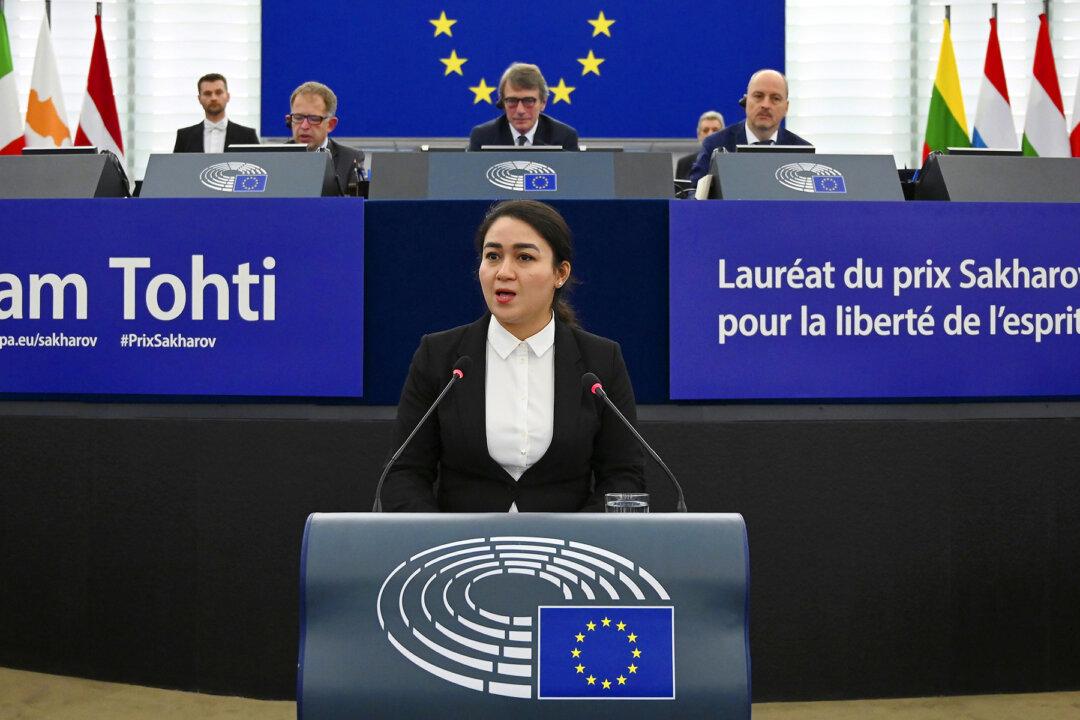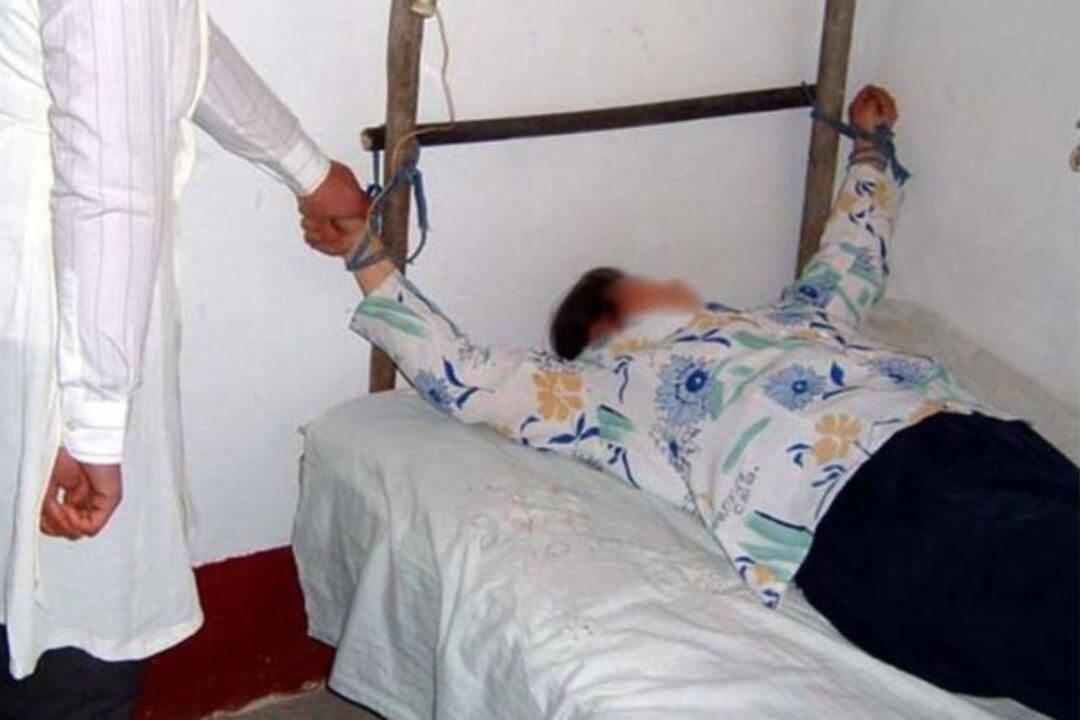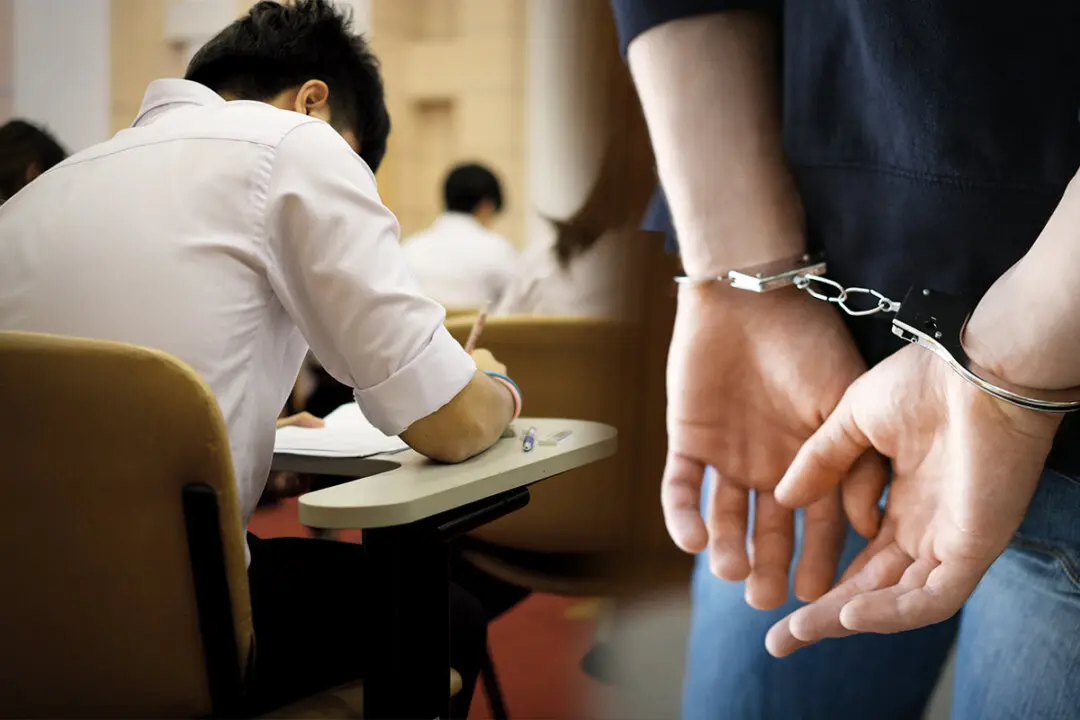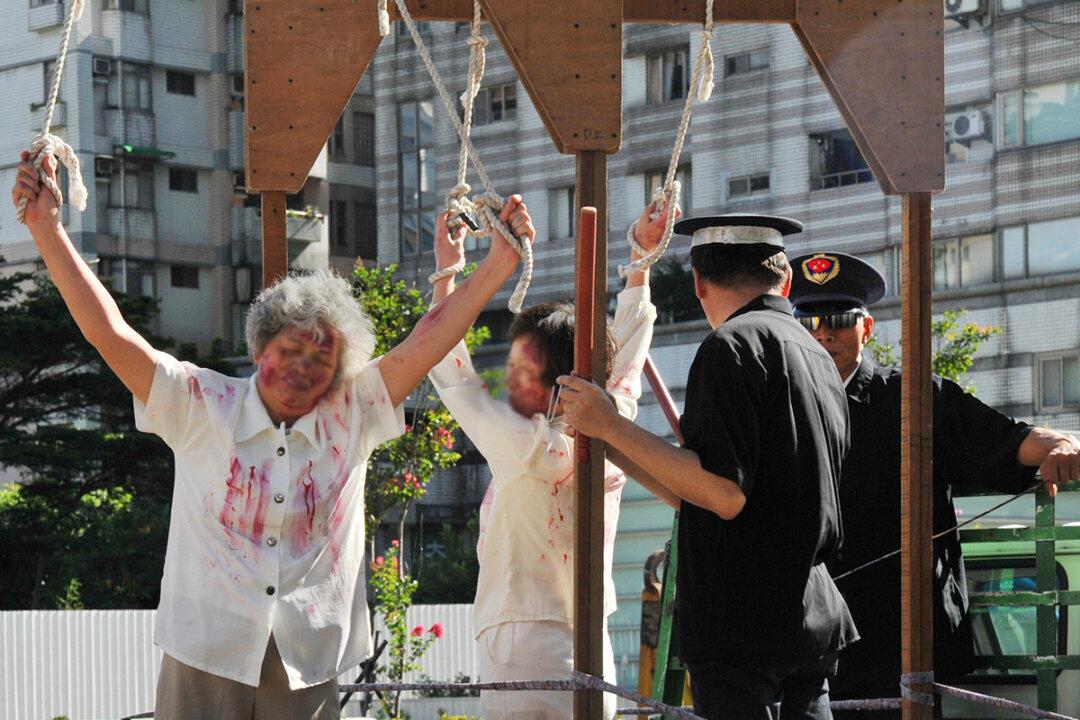Prior to Feb. 2, 2013, Jewher Ilham was a freshman at college looking forward to spending time with her new friends in school. She never imagined that a one-month planned trip to the United States would turn her world upside down and lead her on a path to advocate for her father, an ethnic Uyghur who was sentenced to jail in China.
Jewher’s father, Ilham Tohti, was a Uyghur economics professor in Beijing who ran a website called “Uighur Biz,” which attempted to form a bridge between the Uyghurs in China and the Han Chinese. In 2013, he was invited to Indiana University as a visiting scholar; however, the Chinese authorities didn’t allow him to pass through immigration on the day he and his daughter were due to board the plane at Beijing Airport. The Chinese communist regime later sentenced him to life imprisonment on charges of inciting separatism—a charge that Ilham said was unfounded.





![‘Killing You Would Be the Same as Killing Ants’: Prisons Where Innocent Citizens Are Tortured [PHOTOS]](/_next/image?url=https%3A%2F%2Fimg.theepochtimes.com%2Fassets%2Fuploads%2F2023%2F12%2F09%2Fid5544114-Falun-DaFa-practitioner-1080x720.jpg&w=1200&q=75)